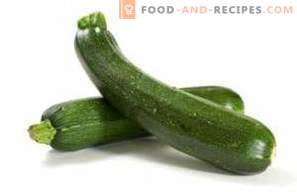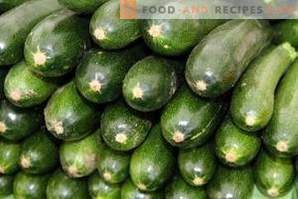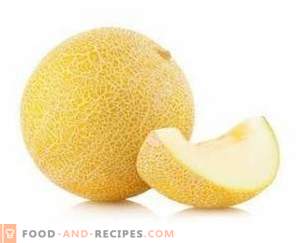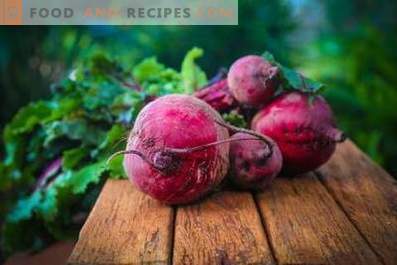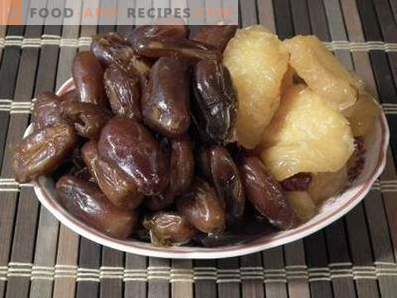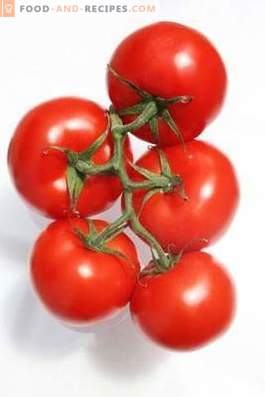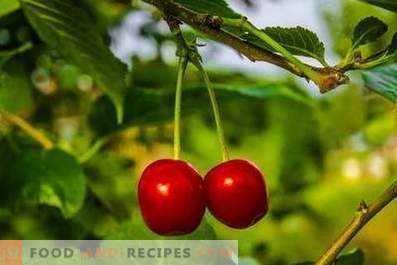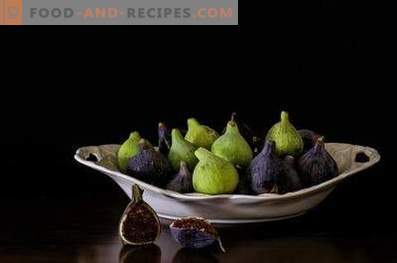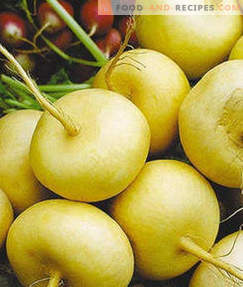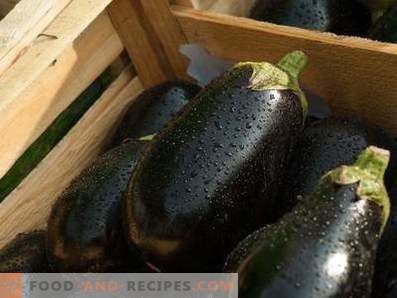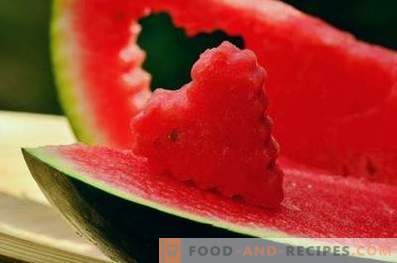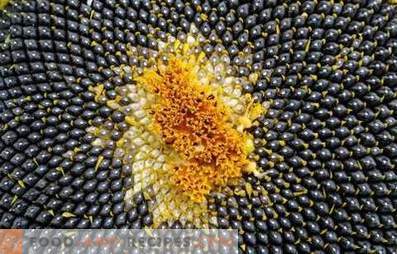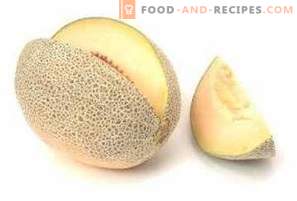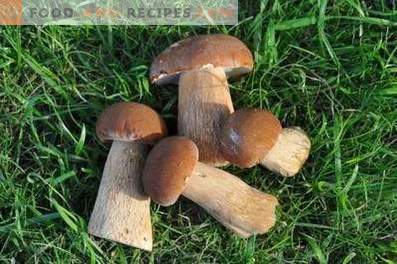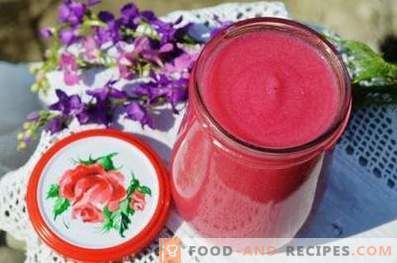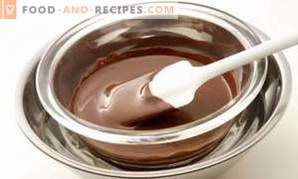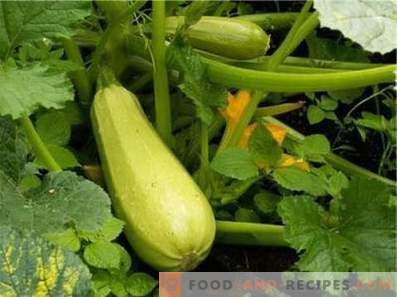
Squash is an annual gourd crop belonging to the pumpkin family and is a type of ordinary pumpkin. The plant has a short pubescent stem that creeps along the ground, large heart-shaped leaf blades on long petioles and a branched rod root system. Single large flowers of zucchini may have a bright yellow or orange color. The fruit of the plant is an elongated, fleshy pumpkin, covered with a hard, smooth skin of white, green, yellow or black. A lot of flattened white oval seeds can be found in the pulp of the fruit.
Zucchini is home to the Oaxaca Valley in northern Mexico: it has been proven that the indigenous people of this region began growing these tasty and easily digestible vegetables 8,000 years ago. The Indians managed to bring many varieties of this plant, differing from each other in size, shape and shade of the fruit.
In Europe, zucchini appeared only in the XVI century. Initially, the Europeans considered this plant ornamental and began to grow it in botanical gardens. However, by the beginning of the 20th century, zucchini became an integral part of the Italian and other European cuisines and conquered the world with them. Today, this unpretentious crop, which gives a consistently high yield, is grown on the territory of all continents except Antarctica.
Young zucchini has great taste and quickly absorbed by the body. The fruits of this plant are eaten raw, fried, stewed, baked, stuffed, used to make salads, vegetable stews, candied fruits, caviar, jam, fritters and other tasty and nutritious dishes.
Nutritional value of zucchini fruits and vitamins in their composition
Zucchini contains many nutrients - biologically significant compounds and substances that provide the human body with the necessary energy resources, responsible for the processes of development and growth, creating the conditions for proper and uninterrupted work of all internal organs and systems.
Nutritional value of zucchini fruits (per every 100 g):
- 0, 581 g of protein compounds;
- 4, 577 g of carbohydrates;
- 0, 299 g of fat;
- 0, 982 g of fiber;
- 0, 094 g of organic acids;
- 92, 314 g of water;
- 0, 094 g of unsaturated fatty acids;
- 0, 389 g of ash;
- 0, 094 g of saturated fatty acids;
- 4, 577 g of disaccharides, monosaccharides.
Vitamins in the composition of zucchini (per 100 g):
- 0, 024 mg of riboflavin (B2);
- 0, 379 μg of biotin (H);
- 13, 977 µg of folic acid (B9);
- 4, 998 μg of retinol equivalent (A);
- 0.091 mg of pantothenic acid (B5);
- 0, 699 mg of niacin equivalent;
- 0.093 mg equivalent tocopherol (E);
- 0, 587 mg of vitamin PP;
- 0, 026 mg of thiamine (B1);
- 0, 028 mg of beta-carotene;
- 15, 443 mg of ascorbic acid (C);
- 0.091 mg of pyridoxine (B6).
Energy value of zucchini
Zucchini - vegetables that have a record low energy value. That is why dishes made from the pulp of their fruits can be used as one of the components of the diet menu for people who want to lose weight.
- Calories zucchini (100 g) - 23, 48 kcal.
- Caloric content of one small zucchini (average weight - 300 g) - 70, 44 kcal.
- Calorie squash caviar - 96, 12 kcal.
- Calorie squash puree - 23, 78 kcal.
- The calorie content of roasted zucchini is 87, 64 kcal.
- Calorie zucchini jam - 198, 98 kcal.
- Calorie zucchini fritters - 57, 11 kcal.
- Calorie stewed zucchini - 39, 12 kcal.
- The calorie content of candied candied fruit - 294, 34 kcal.
Macro and micronutrients in zucchini
Zucchini pulp is the richest food source of potassium, iron and other useful elements.
Macroelements in zucchini composition (per 100 g):
- 1, 984 mg of sodium;
- 14, 446 mg of calcium;
- 11, 967 mg of phosphorus;
- 237, 141 mg of potassium;
- 8, 412 mg of magnesium.
Trace elements in the composition of zucchini (per 100 g):
- 0, 381 mg of iron.
Useful properties of zucchini
- Vitamins present in the composition of zucchini (B1, C, B3) strengthen the immune system, increase the resistance of the human body to infection with viral, fungal and bacterial microflora, help it to recover from debilitating and prolonged diseases. Along with this, these compounds provoke a marked acceleration of protein, lipid and carbohydrate metabolism.
- Zucchini fruits contain magnesium and potassium - substances that can strengthen the heart muscle. The systematic consumption of food prepared from the pulp of these vegetables can be considered one of the measures aimed at preventing a whole range of heart diseases.
- Iron, which is present in the composition of the flesh of zucchini, is involved in the production of hemoglobin and normalizes the work of the hematopoietic system. In addition, this trace element plays a significant role in the synthesis of thyroid hormones and in the assimilation of B vitamins that are ingested with food.
- In squash there are substances that contribute to the removal of excess moisture from the body. In addition, the fruits of this plant cleanse the body of toxins, toxic compounds, excess cholesterol and slag.
- Zucchini pulp is a rich source of antioxidants. Systematic consumption of dishes from these vegetables helps to slow down the processes associated with the aging of the human body, reducing the risk of the appearance of tumor tumors.
- Zucchini fruits and dishes prepared from them have a beneficial effect on the liver. Substances present in their composition have pronounced choleretic properties. In addition, squash juice can act as a diuretic.
- Raw zucchini and dishes prepared on their basis have a beneficial effect on the functioning of the digestive system, improve the secretory and motor functions of the intestine and stomach. The fruits of this plant have little insoluble fiber, so their flesh can be safely included in the diet menu for people who have undergone surgery on the digestive tract or severe poisoning.
- Squash juice has soothing properties and has a positive effect on the work of the central nervous system.
- Substances contained in zucchini pulp contribute to the removal of excess salts from the body and normalize the water-salt metabolism.
- Useful minerals and compounds present in zucchini composition have a beneficial effect on the condition and functioning of the joints. Eating fruits of this plant with a frequency of 4-8 times per month is one of the factors that can reduce the likelihood of arthritis.
- It has been proven that squash juice is able to weaken the external manifestations of allergic reactions or prevent their occurrence.
- In cosmetology, squash puree is used to make masks for whitening, moisturizing and rejuvenating the skin and protecting them from UV radiation. The seed extract of this plant is often included in the composition of natural creams that can normalize the functioning of the sebaceous glands. Squash juice improves the condition and appearance of hair, helps prevent the appearance of early gray hair.
Harmful properties of zucchini
- Zucchini jam and candied fruits are dishes with a high sugar content. Too frequent consumption of food causes harm to obese people. Persons who have been diagnosed with diabetes should exclude them from the diet.
- Squash is a rich source of potassium. Consumption of salads and other dishes prepared on the basis of these vegetables may adversely affect the health of people who have previously been diagnosed with diseases caused by impaired output of potassium from the body.
- Persons suffering from gastritis or peptic ulcer are not allowed to eat raw zucchini.
